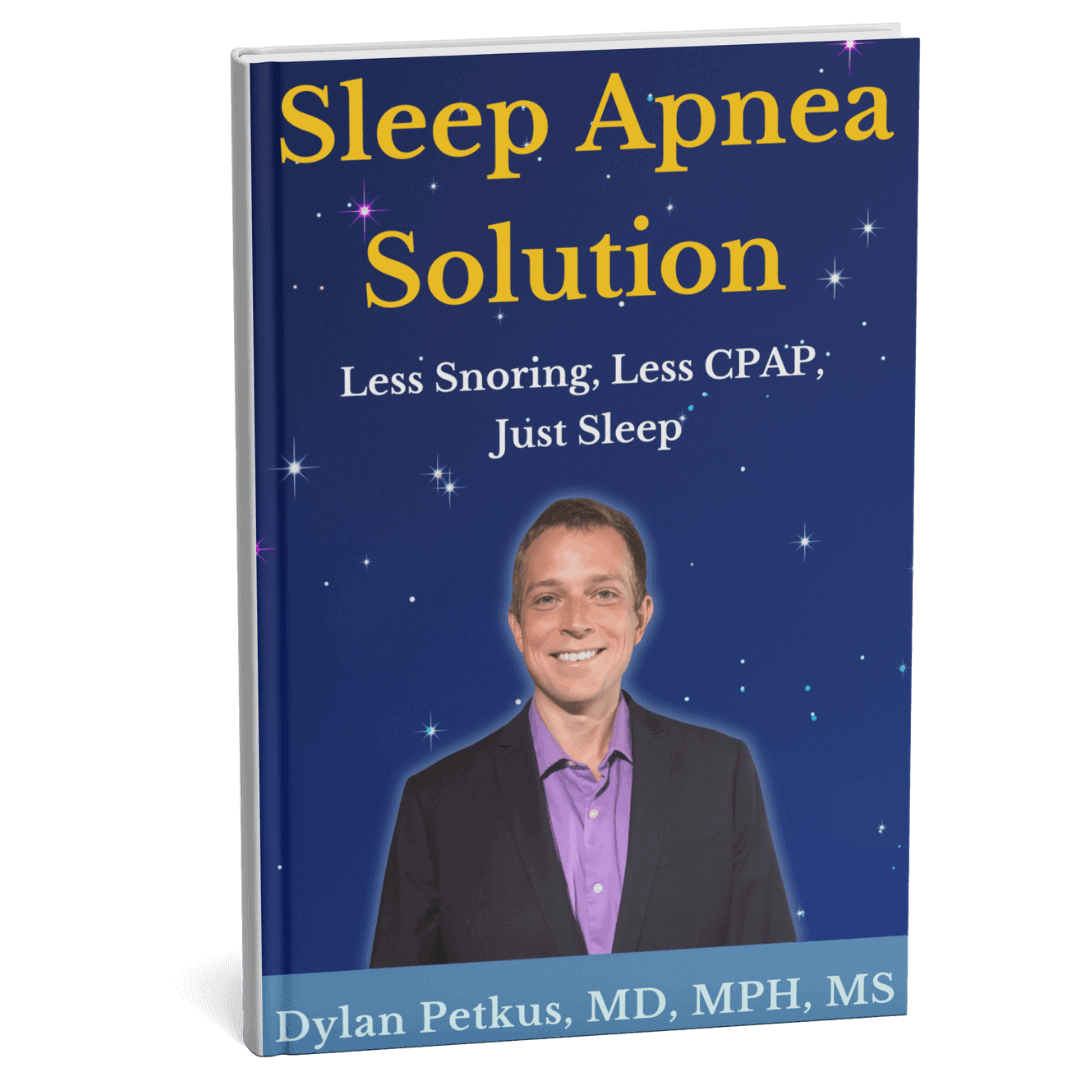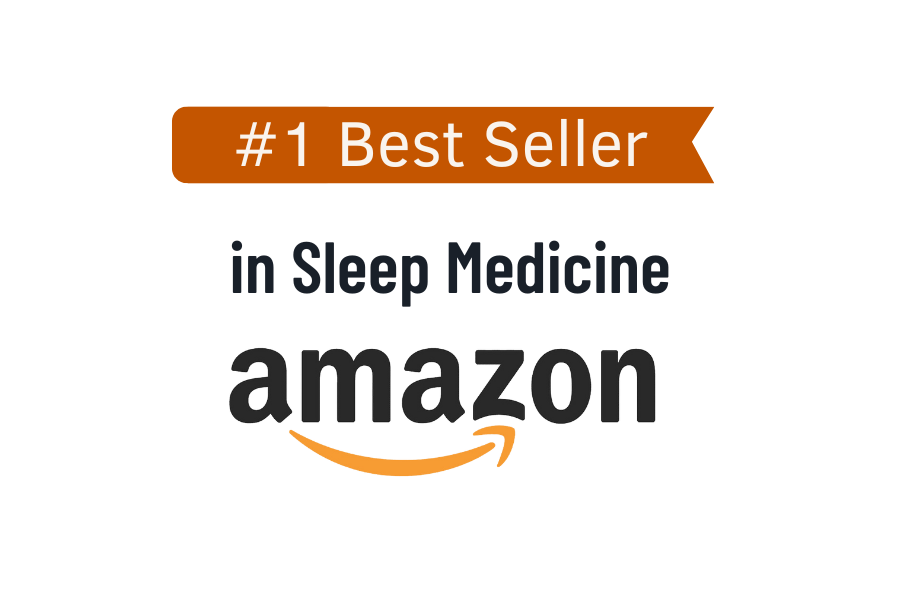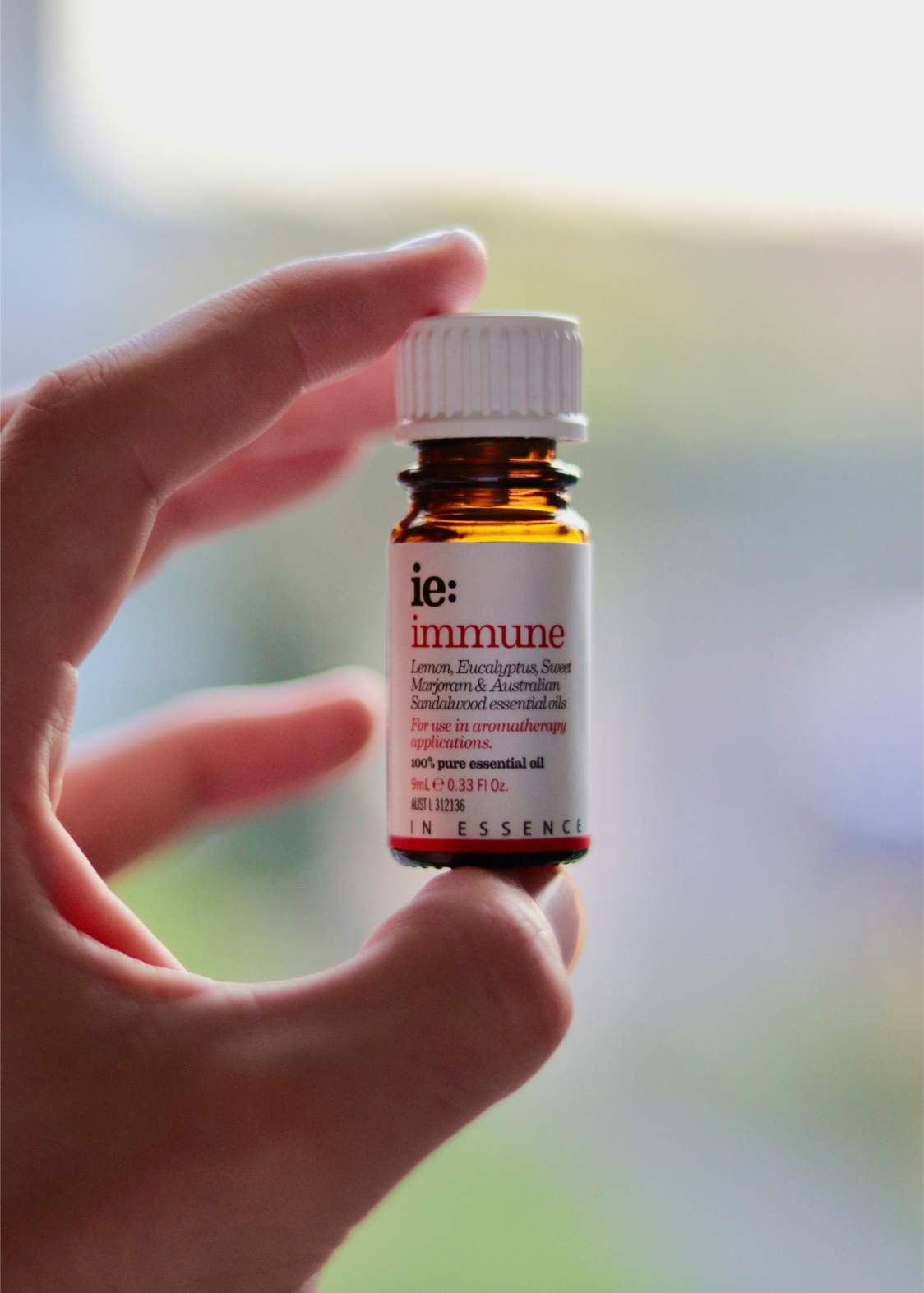
Sleep apnea is common in the US. With this condition, you’ll often experience difficulty in sleeping through the night due to frequent awakenings caused by irregular pauses in your breathing.
You can approach sleep apnea in various ways, including several natural remedies for sleep apnea in adults. Essential oils are one of the most popular approaches to this disorder. Products like eucalyptus oil can boost natural breathing at night, promoting healthy sleep habits for sleep apnea.
What Is Sleep Apnea?
Sleep apnea is characterized by pauses in your breathing, lasting anywhere from ten seconds to one minute. These disturbances result in a lack of oxygen to the brain, and when this happens, you wake up so that you remember to breathe. The cycle repeats itself over and over again, so you can expect to wake up multiple times in a night.
Many people have sleep apnea without even knowing it. Common signs to look out for include interrupted breathing when you sleep, long periods without taking a breath, and loud or excessive snoring.
Sleep apnea can also be evident beyond nighttime; many people with this disorder experience daytime fatigue, problems focusing, or headaches in the morning. Sleep apnea can come about from different factors including genetics, lifestyle, and activity. If you suspect that you have sleep apnea, you should consult with your doctor.
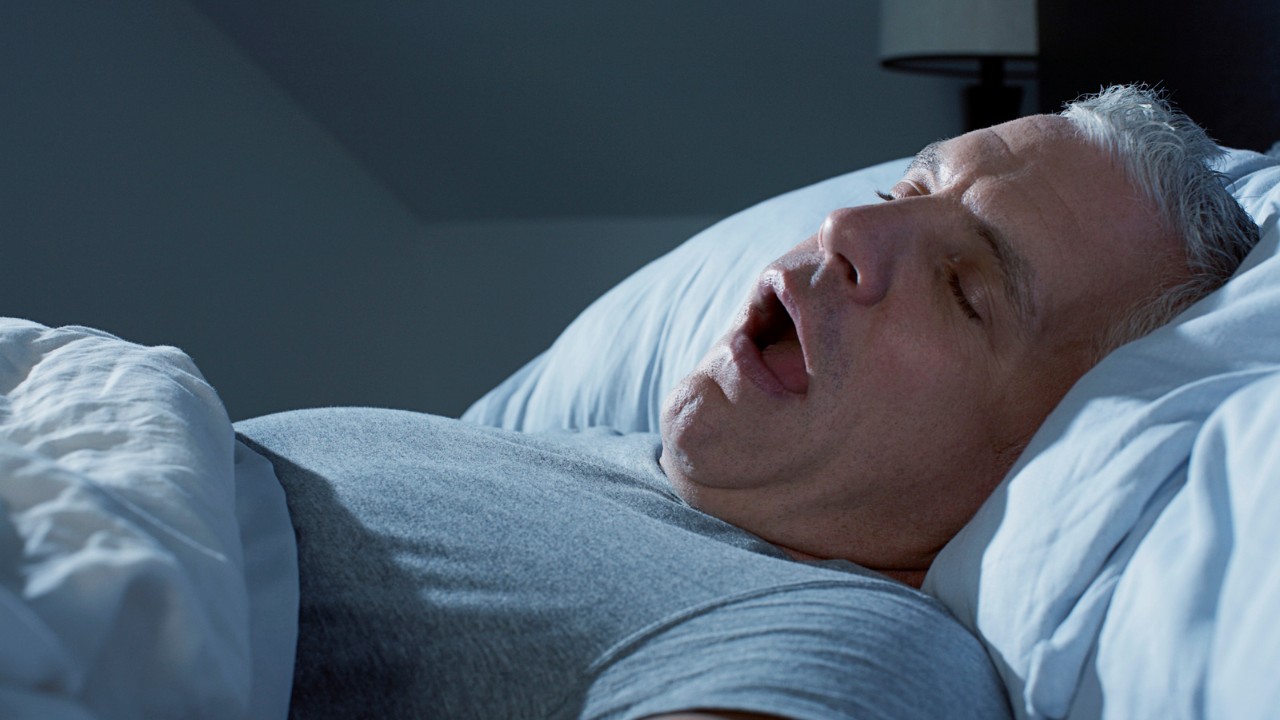
Essential Oils for Sleep Apnea
One of the most productive ways to approach sleep apnea is to focus on the underlying cause of the problem. Essential oils have recently become a popular method for managing sleep apnea as they promote the production of hormones like serotonin and endorphins. Serotonin helps the mind to relax, signaling to the body that it’s time to sleep. Similarly, endorphins help calm the system.
Here are some popular essential oils used to aid in improving natural breathing during sleep:
Eucalyptus Oil
Many people who suffer from sleep apnea can’t sleep properly because their nose or throat is clogged. Eucalyptus oil is known to reduce mucus in your sinuses and airways.
Breathing in eucalyptus through a diffuser or rubbing it on your chest before you sleep could help you sleep better. It’s also believed that eucalyptus oil can help reduce heavy snoring when used as a spray or gargle.
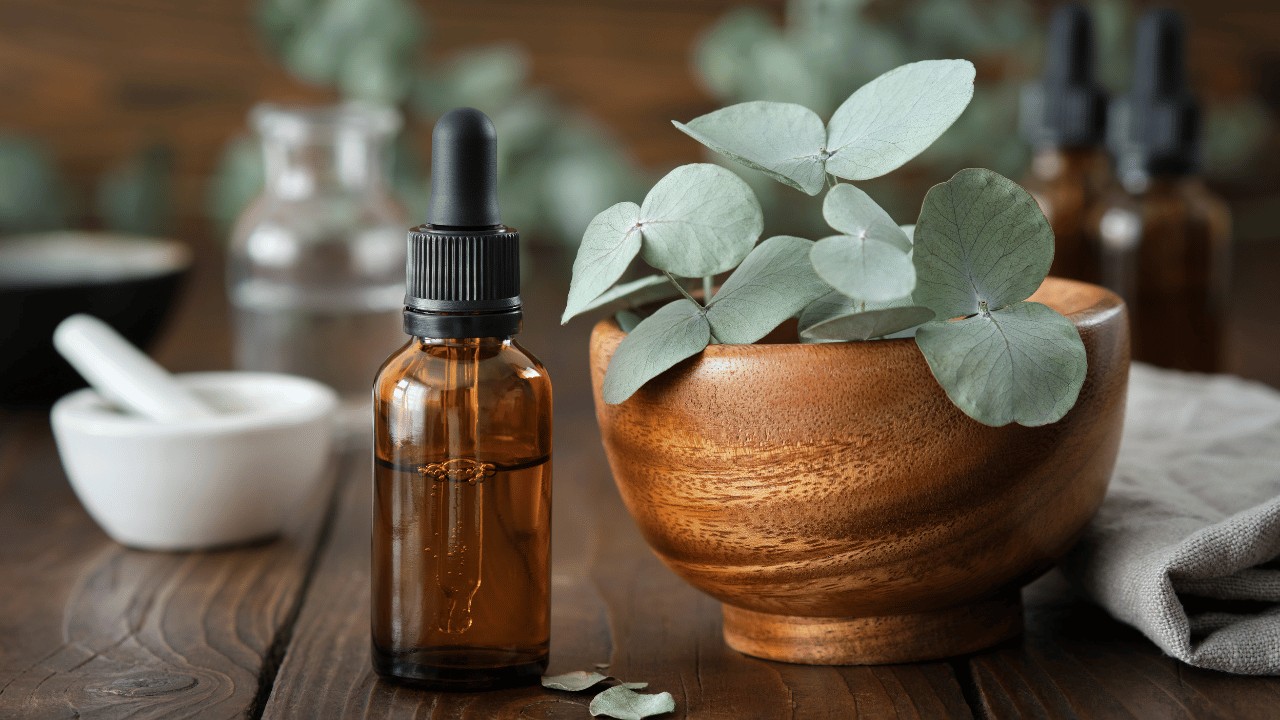
Peppermint Oil
Peppermint oil is known to improve brain function and overall mood, which could impact the way you sleep at night. It also has the ability to clear the sinuses, promoting easy breathing that could translate to more restful sleep.
Lavender Oil
Lavender is said to have mild sedative effects that can relax the mind, which is why it’s recommended for cases of anxiety. It’s also the reason patients with sleep apnea could benefit from it–with a calm mind, deep sleep is much more attainable.
Chamomile Oil
You can use chamomile for sleep apnea to boost natural breathing during sleep. Many people consume chamomile before bed for a longer and deeper slumber. It contains organic compounds that bind with certain receptors in the body that allow your body to relax. While most people consume it as herbal tea, it’s also available as oils that you can use in aromatherapy.
How to Use Essential Oils for Sleep Apnea
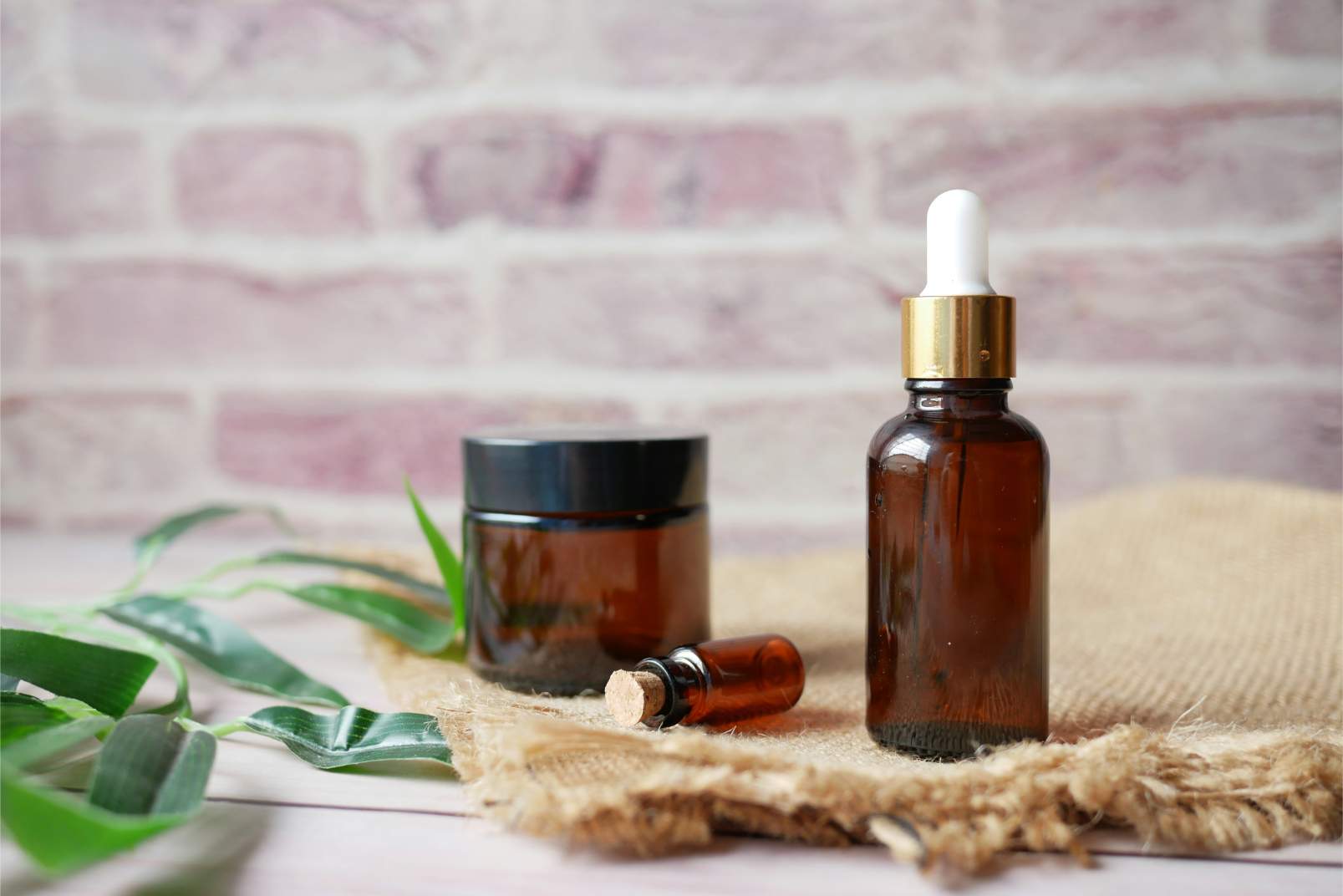
Essential oils can be used through a diffuser, allowing you to breathe in its essence as you would in typical aromatherapy practices. You can even combine some oils to enhance their effect. Some essential oils can also be applied topically, depending on the product.
More Natural Sleep Apnea Remedies
We believe that you can better manage sleep apnea with natural remedies like essential oils, breathing techniques, and healthy sleep habits. Learn more about enhancing natural sleep by getting the book, Sleep Apnea Solution, today!

